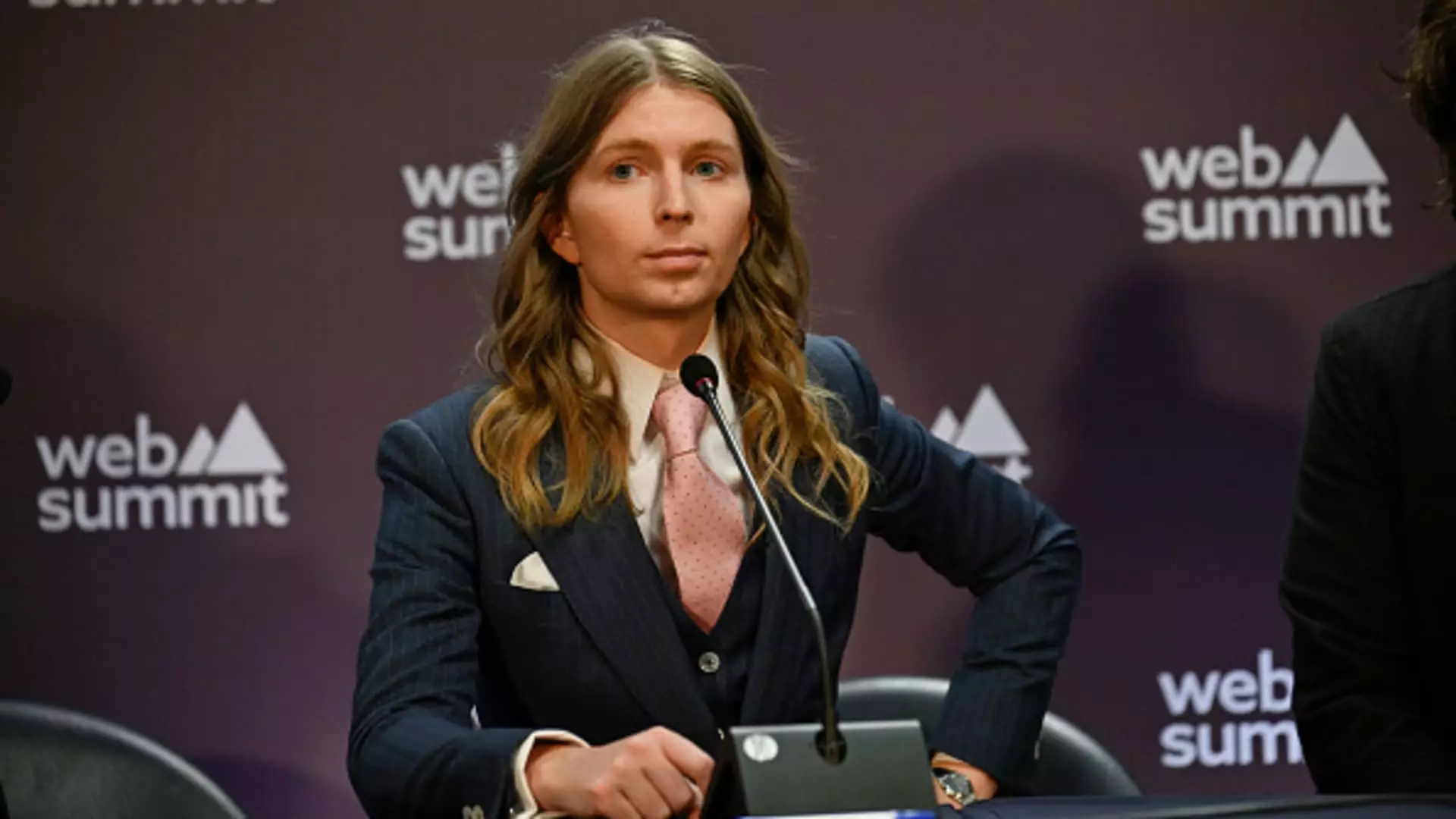Chelsea Manning, a former U.S. Army intelligence analyst turned advocate for online privacy, has recently voiced her concerns about the current state of censorship in the digital age. During a conversation at the Web Summit in Lisbon, Portugal, Manning emphasized that censorship remains “a dominant threat” to individual freedom and digital rights. With ongoing debates revolving around content moderation and the responsibilities of tech companies, her insights shed light on the urgent need for a more decentralized approach to the Internet.
Manning argues that the challenges of the 21st century are not merely about who has the power to censor content but are also intricately tied to how algorithmic amplification operates. The monopolistic nature of social media platforms has effectively conditioned users to prioritize engagement-driven content over objective information. This shift raises pertinent questions: Are users genuinely able to access diverse opinions, or are they unwittingly funneling into echo chambers?
To address these issues, Manning advocates for a return to a decentralized Internet model reminiscent of the early 1990s. She posits that by distributing power and control back to individuals, users can better safeguard their privacy and data. This decentralized identification mechanism would empower users to manage their own information rather than surrendering it to tech giants.
Manning further explored the implications of this approach, detailing how better social contracts could be established to govern data sharing. The emphasis lies on encryption technologies enabling individuals to exercise explicit control over their data, thereby circumventing the need to rely on company-imposed permissions. By doing so, users could make informed decisions based on their own criteria regarding how their data is shared and utilized.
Notably, Manning’s own experiences as a whistleblower inform her perspective on these matters. In 2013, she was a pivotal figure in leaking confidential military documents to WikiLeaks, culminating in a court-martial conviction and a lengthy prison sentence. After her release in 2017, Manning reflected on the evolving landscape for whistleblowers, indicating that we now exist in an age overflowing with information.
However, this information deluge presents its own set of challenges. In her view, the modern world is characterized not merely by the conflict between transparency and secrecy but rather by the prevalence of misinformation. Governments today focus less on concealing information and more on disseminating questionable narratives. This crucial shift raises a fundamental question: how can individuals discern the truth when misinformation is rampant?
Chelsea Manning’s insights illustrate the pressing need for a paradigm shift in how we engage with technology and information. As censorship continues to be a pervasive issue, the transition toward a decentralized Internet could empower individuals to reclaim ownership of their digital identities and experiences. Encouraging greater transparency and accountability among tech companies may lead to the establishment of better social contracts that prioritize users’ rights above profit margins.
In this context, the future of whistleblowing and information sharing depends largely on our ability to navigate the complexities of a data-saturated society. As individuals seek to unearth the truth, fostering environments where legitimate information thrives is essential. Manning’s advocacy for decentralized models represents a hopeful step forward, one that may not only bolster individual privacy but also foster a more informed and engaged public discourse in our increasingly interconnected world.

